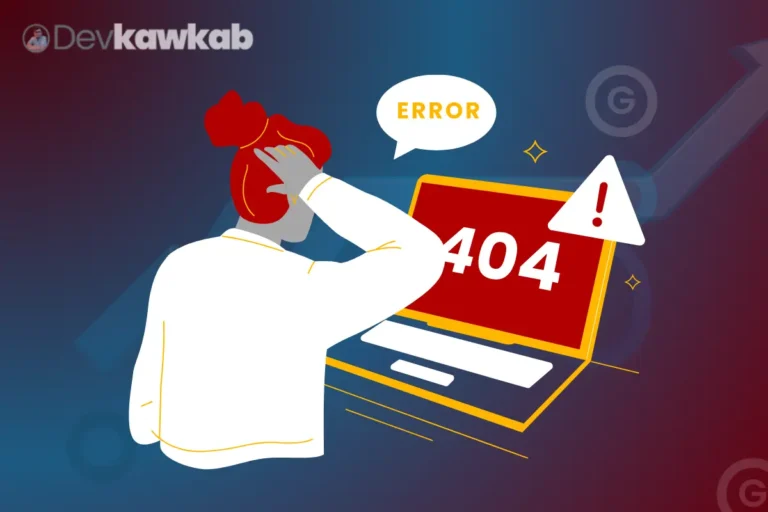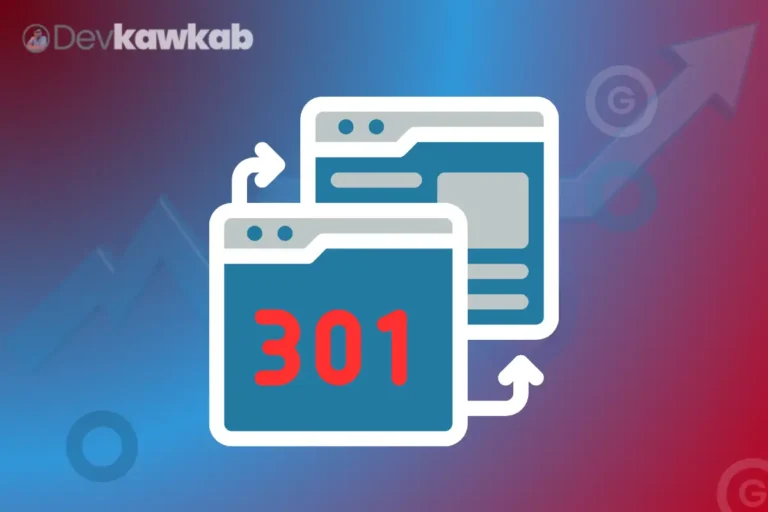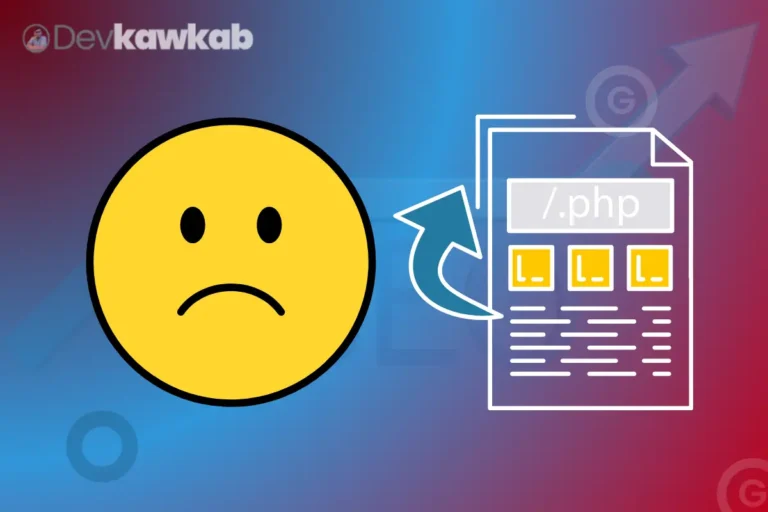This is the ultimate guide to why on-page SEO is vital for small websites in 2025. Learn the tactics that can give your small site a real competitive edge.
In this guide, I’ll show you how to:
- Optimize your content for better rankings
- Craft effective title tags and meta descriptions
- Speed up your website for improved SEO
- Build a strong internal linking structure
- Make your site mobile-friendly
- And a whole lot more!
Let’s dive in and explore the strategies that can take your small website to the next level!
Read More – Why Is On-Page SEO Essential for E-Commerce?
What is on-page SEO and how does it impact small websites?
On-page SEO refers to optimizing various elements of a webpage to make it search-engine-friendly. It directly influences how search engines understand and rank your site.
For small websites, on-page SEO is critical because it levels the playing field with larger sites.
Small websites don’t have the luxury of extensive backlinks or marketing budgets, so they rely heavily on on-page SEO to gain visibility.
Factors like high-quality content, proper keyword placement, and optimized meta tags all contribute to how well a small website performs in search rankings.
Optimizing HTML Tags
The first step in on-page SEO is focusing on your HTML elements.
These include title tags, meta descriptions, and header tags. Search engines scan these elements to determine the page’s relevance to a query.
Content Quality
The content on your website should be informative and structured in a way that search engines can easily read and understand.
High-quality content that provides value to users can significantly impact your website’s ranking.
Read More – Why Improve On-Page SEO Regularly?
How Can On-Page SEO Help Small Websites Rank Higher in Search Engines?
For small websites, ranking higher in search engines is a game-changer.
On-page SEO enables search engines to understand your content, improving your chances of appearing for relevant searches.
Small websites can compete with larger sites by targeting specific long-tail keywords.
User Experience (UX) and SEO
User experience is directly related to on-page SEO.
A well-structured site with easy navigation keeps visitors engaged, which reduces bounce rates and improves your rankings.
Schema Markup for Better Visibility
Implementing schema markup can also help small websites gain visibility in search results.
Rich snippets, which show extra information in the search results, often lead to higher click-through rates.
Why Is Optimizing Content Crucial for Small Websites?
Small websites have limited resources, making optimized content even more crucial. Well-optimized content provides clear information to both users and search engines.
Without it, your website may not rank at all, or it could rank for irrelevant keywords.
Keyword Research and Placement
Proper keyword research helps in identifying phrases that small websites can realistically rank for.
Once you identify these, placing them in key areas like the headline, introduction, and body content helps with SEO.
Content Structure
For small websites, using subheadings, bullet points, and short paragraphs improves readability and ensures users stay on the page longer.
Search engines reward this kind of user-friendly content with better rankings.
How Do Title Tags and Meta Descriptions Influence Small Website SEO?
Title tags and meta descriptions may seem like small elements, but they play a huge role in how search engines rank your page.
For small websites, optimized title tags and meta descriptions are essential because they provide a clear, concise summary of what each page is about.
Title Tags Best Practices
Title tags should be descriptive, concise, and contain your primary keyword. For small websites, targeting niche keywords in title tags can help you rank faster.
Impact of Meta Descriptions
Meta descriptions directly affect your click-through rate (CTR).
A well-written meta description with a clear call to action can boost user engagement, leading to better rankings for small websites.
| Title Tag Best Practices | Meta Description Best Practices |
|---|---|
| Include the target keyword. | Summarize your page content. |
| Keep it under 60 characters. | Keep it within 160 characters. |
| Make it catchy but relevant. | Create a compelling call to action. |
Why Should Small Websites Prioritize Site Speed in On-Page SEO?
Site speed is one of the most overlooked factors in on-page SEO. A slow-loading website can frustrate users, leading them to leave your site before it even loads fully.
For small websites, this can be detrimental since each visitor counts.
How Slow Sites Hurt Rankings
Search engines use site speed as a ranking factor.
If your website is slow, search engines may not prioritize your site, especially when compared to faster competitors.
Optimizing Images and Code
One way to improve site speed is by optimizing images and reducing file sizes. Also, minifying CSS and JavaScript helps small websites load faster, giving them an edge in search engine rankings.
| Factors | Impact on Small Websites |
|---|---|
| Slow Site Speed | High bounce rates, lower rankings |
| Optimized Speed | Improved UX, higher rankings |
| Minified Code | Faster load times, better rankings |
What Role Does Internal Linking Play in Boosting Small Website Rankings?
Internal linking is like building a roadmap for search engines.
For small websites, internal links help search engines crawl and index your site more efficiently.
They also help distribute page authority, which can boost rankings for important pages.
How to Use Internal Links Effectively
The key is to link relevant pages using anchor text that includes keywords.
For small websites, this helps search engines understand the relationship between different pages.
Avoiding Overuse
While internal linking is valuable, overusing it can dilute its effectiveness. Focus on creating a natural link structure that enhances the user experience.
You can use tools like Link Whisper or LinkBoss to set up internal linking quickly.
How Does Mobile Optimization Affect On-Page SEO for Small Websites?
In today’s digital age, mobile optimization is non-negotiable. With more users browsing on mobile devices, small websites need to be mobile-friendly to remain competitive.
Search engines prioritize mobile-friendly sites, making it a critical aspect of on-page SEO.
Responsive Design
Small websites should use a responsive design that adapts to different screen sizes. Without it, your website could fall behind in mobile search rankings.
Mobile-First Indexing
Search engines now use mobile-first indexing, which means they primarily use the mobile version of your site to determine rankings.
Small websites without mobile optimization risk losing visibility.
Why Is Keyword Optimization Essential for Small Websites’ On-Page SEO?
Keyword optimization is the backbone of any successful on-page SEO strategy, especially for small websites.
Properly optimizing keywords helps search engines understand the content of each page, which improves relevance and visibility.
Long-Tail Keywords for Small Websites
For small websites, focusing on long-tail keywords-specific, less competitive phrases-can help you rank more quickly and effectively.
Keyword Density and Placement
While optimizing for keywords, it’s essential to avoid keyword stuffing.
The goal is to integrate keywords naturally into your content without compromising the user experience.
Place keywords in your headings, meta tags, and first 100 words for maximum impact.
Final Words
On-page SEO is crucial for small websites aiming to compete in the digital space. By focusing on elements like optimized content, title tags, and meta descriptions, small websites can punch above their weight in search rankings.
Prioritizing site speed, internal linking, and mobile optimization gives your site a clear advantage in both user experience and SEO performance. These strategies help search engines and users alike navigate your content.
By nailing these on-page SEO essentials, your small website can achieve higher visibility, attract more traffic, and ultimately grow your online presence.






